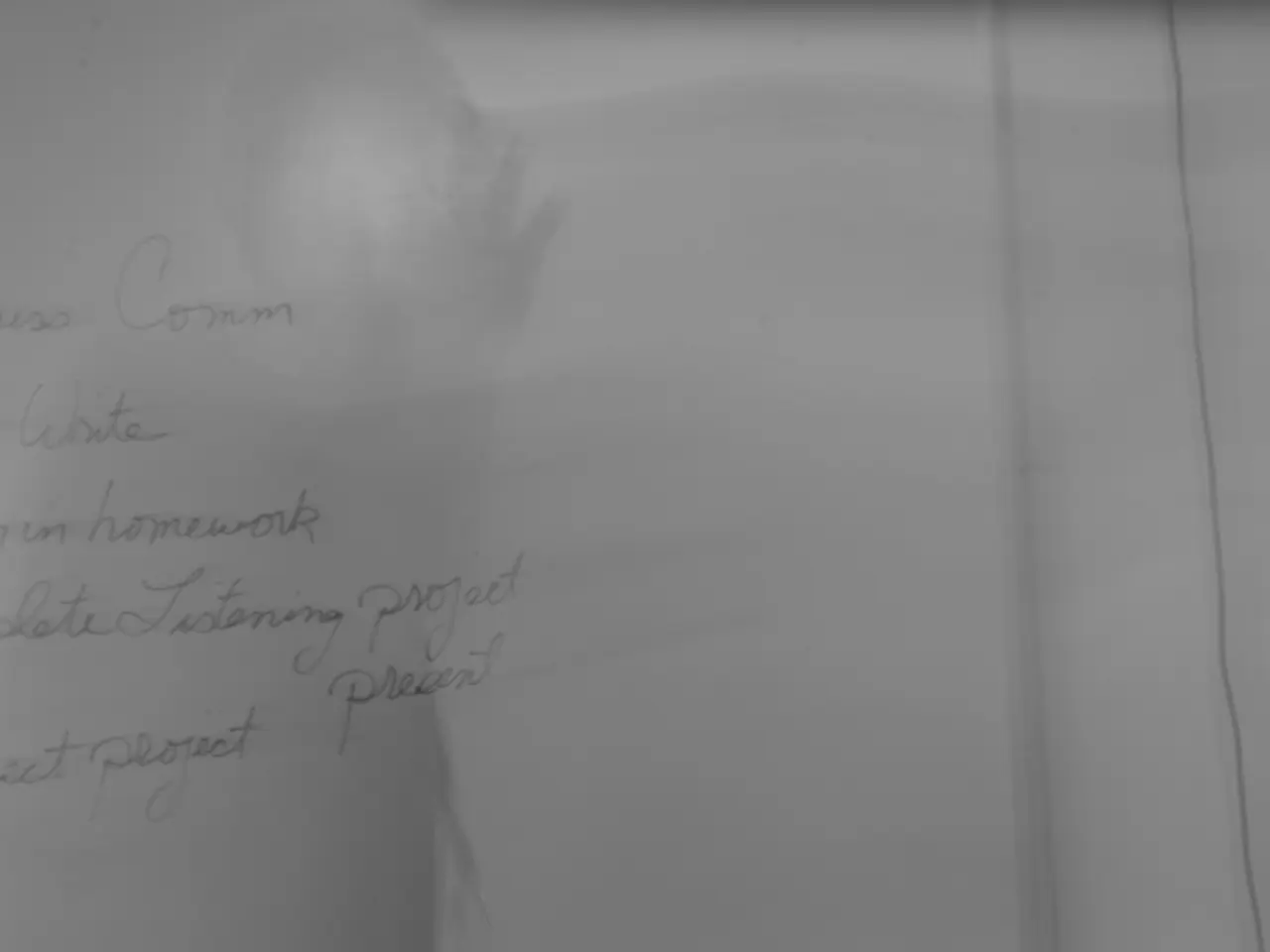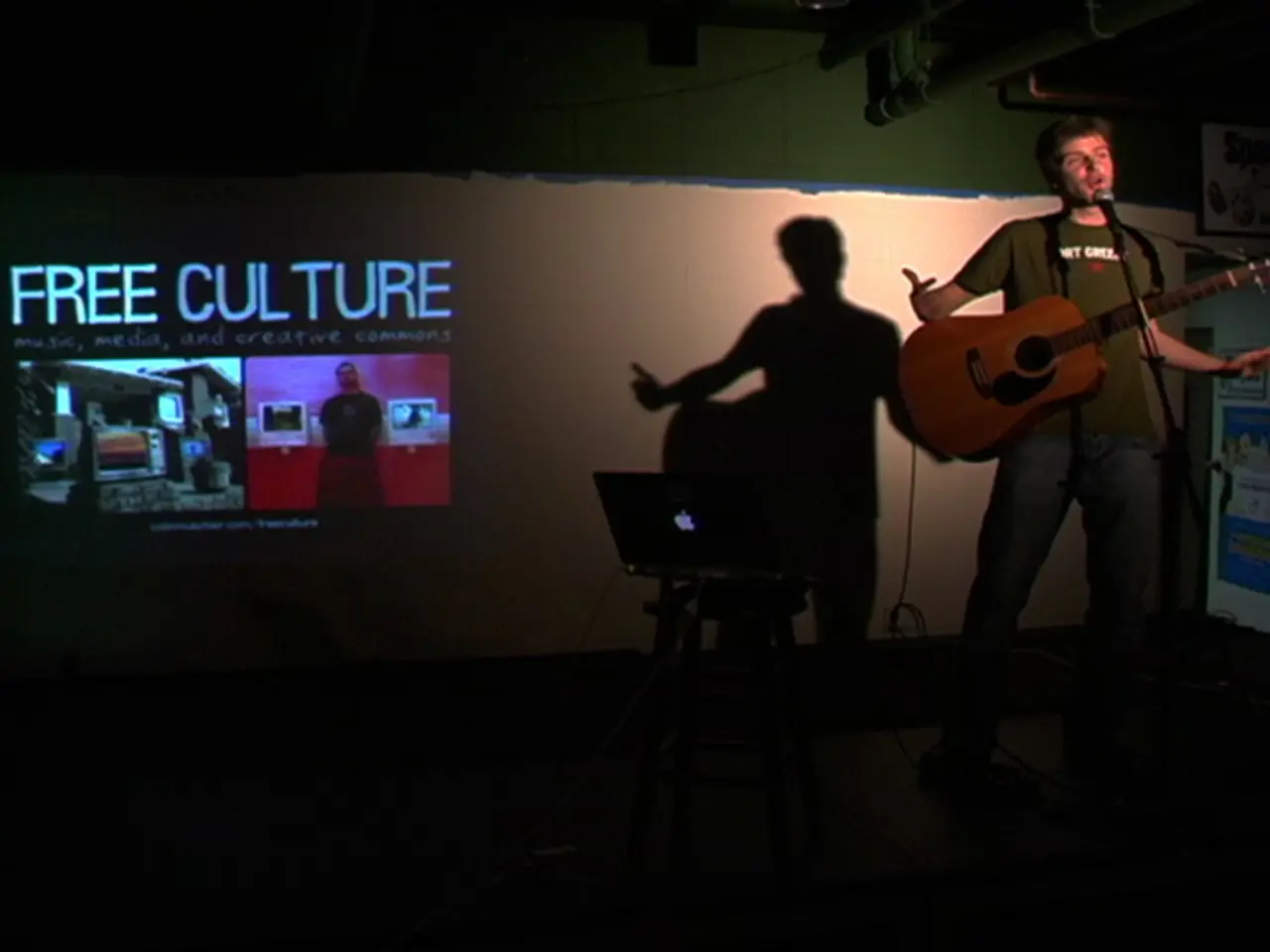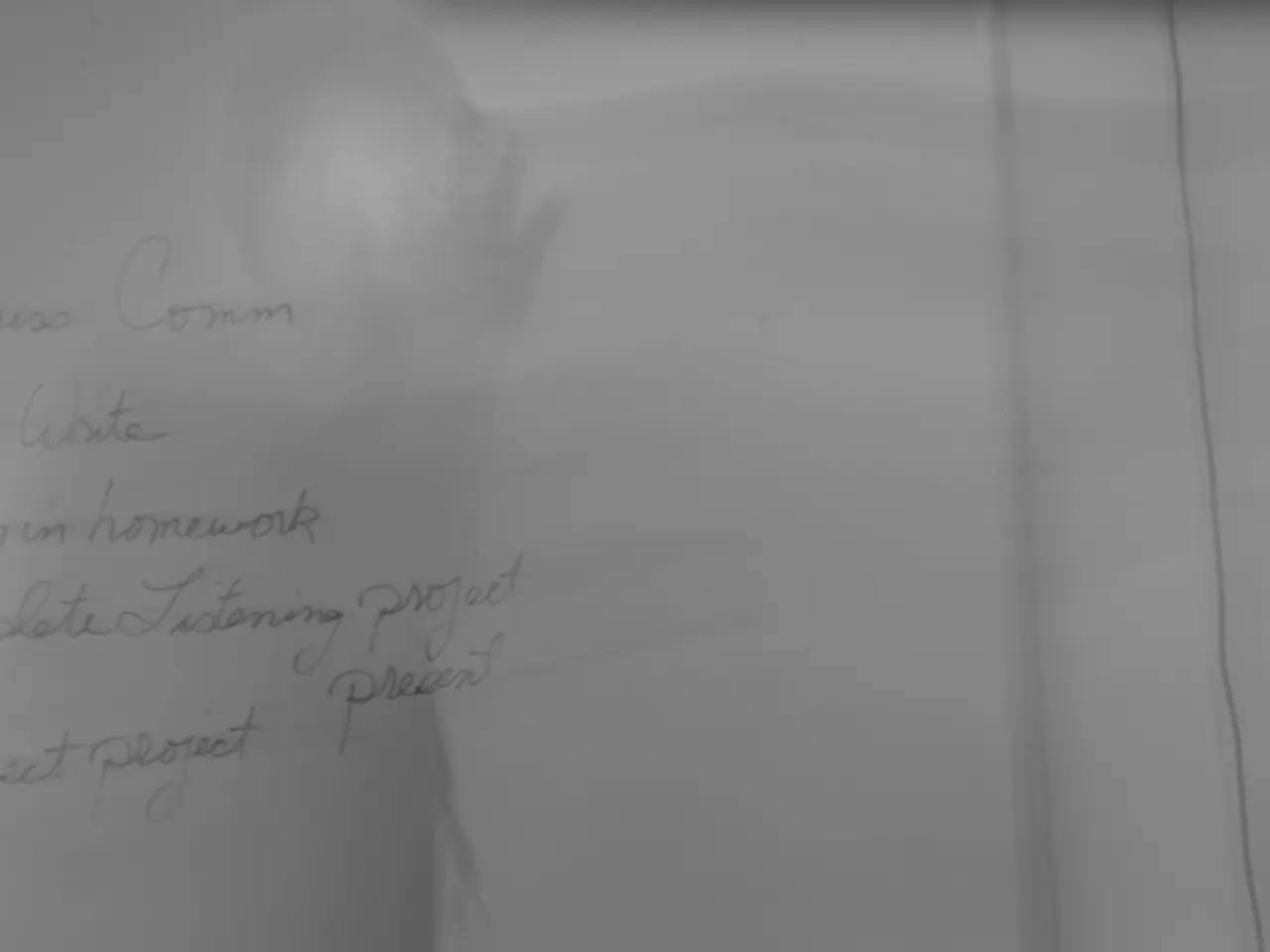Cutting Energy Prices: What's Next in the Federal Government's Agenda? 💸⚡️
Discussion Set on Energy Cost Reductions by the Coalition
Stay tuned as the federal government considers additional measures to further slash energy prices! Next week, the coalition committee will delve into the discussions, identifying expenditures that can be trimmed to provide further relief, according to the German Press Agency. Will they manage to hurt lessen the energy burden any further? You betcha! 🤔
Prior Promises 📝
Back in the coalition agreement, CDU, CSU, and SPD pledged to slash the electricity tax for all consumers, including private households, to the European minimum level as an "instant remedy." However, they've backed down recently due to budget woes, prompting a torrent of criticism.
Although it's uncertain if they'll adhere strictly to this promise, here's what's on the cards so far:
- Starting January 1st, network charges, a piece of the electricity bill, will experience some relief. 🎉
- Say goodbye to the gas storage surcharge for consumers! This means one less chunk out of your hard-earned cash. 💸
- The government guarantees securing a reduction in electricity taxes for industries like agriculture and forestry. 🚜🌳
Questions on the Horizon ❓
As energy prices persistently remain high, ranking Germany fifth globally at approximately 38 euro cents per kilowatt-hour in early 2025[1][2], vital questions linger: Will the federal government aim for more far-reaching measures to address both industries and households? Will they manage to provide additional relief beyond the current plans? And what will be the scope of these reductions? Let's wait and see! 💡🕰️
Curious Facts:
It's been proposed to revise electricity network tariff regulations to reduce network tariffs during peak times, particularly in the evenings. This move, if executed, would bring additional relief to consumers. New EU rules also enable Germany to subsidize energy-intensive companies committed to decarbonization under a planned program. However, households and small businesses have been noticeably left out of these additional reliefs despite political commitments[1][2][3]. The northern German states have advocated for prompt implementation of the current relief measures and called for a structural reform of grid fee financing and the introduction of an industrial electricity price compliant with state aid law[2]. Keep your fingers crossed, folks! Better times might just be around the corner! 🤞🏻🌟
[1] https://www.bundle.net/politik/strompreise-koalition-strebt-zusatzrelief-an[2] https://www.tagesschau.de/wirtschaft/strukturreform-stromnetz/101.html[3] https://www.reuterseuropa.de/news/strompreise-auf-betrug-gepolter-gerichtsfall-europaag-steigt-einnenwert-an-id2469069[4] https://www.faz.net/aktuell/wirtschaft/strompreise-new-communications-teaching-team-european-policy-past-present-future-17558032.html
The federal government's agenda could include reviewing electricity network tariff regulations to provide further relief during peak times, particularly in the evenings. Additionally, the government may consider subsidizing energy-intensive industries committed to decarbonization under a planned program in the finance sector.




